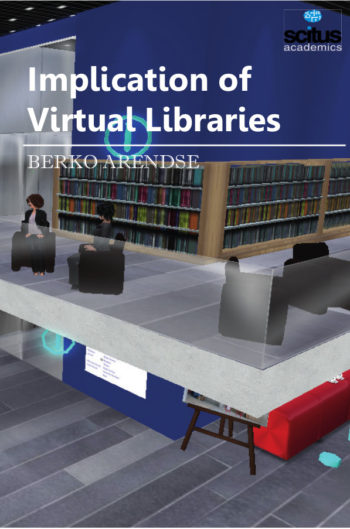An academic library is a library that is attached to a higher education institution which serves two complementary purposes to support the school’s curriculum, and to support the research of the university faculty and students. Academic librarianship is for those who are constantly intellectually curious and who can apply that curiosity to efforts that help increase the knowledge base of the institution for research, teaching, and learning. Academic libraries must determine a focus for collection development since comprehensive collections are not feasible. Librarians do this by identifying the needs of the faculty and student body, as well as the mission and academic programs of the college or university. There is a great deal of variation among academic libraries based on their size, resources, collections and services. The library is not just a repository, or a service like any other, or a place for study: it is all these things. It can also be a partner in research and in teaching, and institutions which fail to capitalise fully on this asset will find it harder to compete in the future. Higher education and academic libraries are in the age of rapid evolution. Technology, educational shifts, and programmatic changes in education mean that libraries must continually evaluate and adjust their services to meet new needs. Research and learning through institutes is becoming more team-based, crossing disciplines and dependent on increasingly sophisticated and varied data. To provide valuable services in this shifting, diverse environment, libraries must think about new ways to support research on their campuses, including collaborating across library and departmental boundaries. This book, Dynamic Research Support for Academic Libraries, will enable academic libraries to provide research support for academics and graduate students and help undergraduates accomplish learning in more hands-on, in-depth ways.













